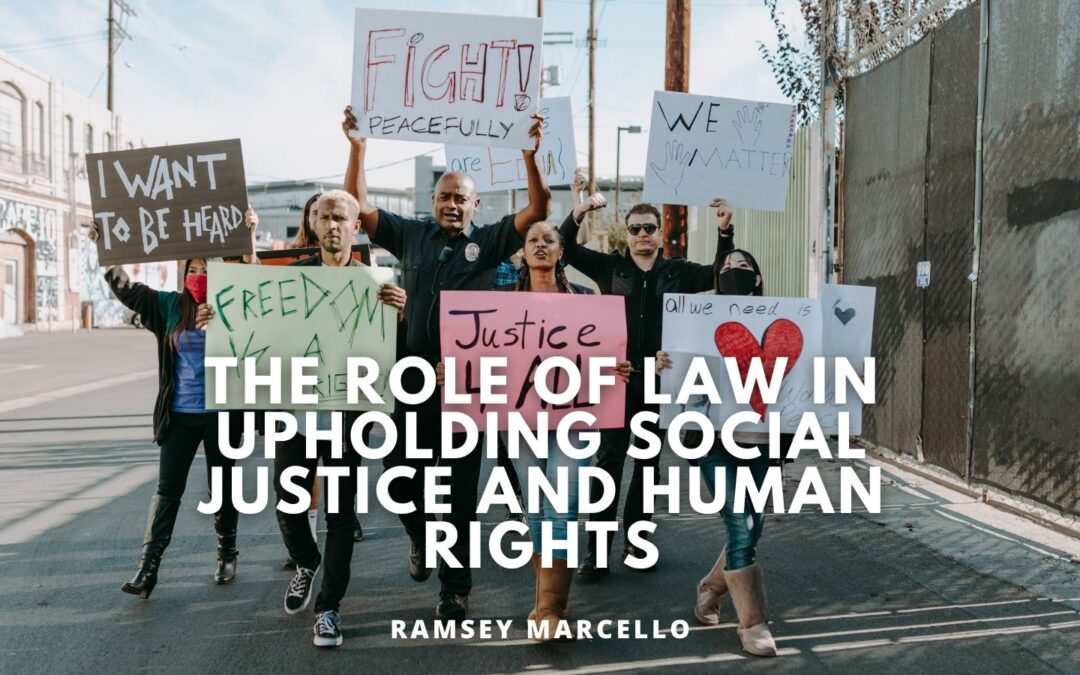Law is critical in upholding social justice and human rights, providing a framework for protecting individuals, and promoting equality and fairness. This article explores the role of law in maintaining social justice and human rights and how legal systems can work to promote a more just and equitable society.
Protecting Individual Rights
Law provides a framework for protecting individual rights, including freedom of speech, assembly, and religion. Legal systems can enforce these rights, ensuring that individuals are not discriminated against or marginalized based on their beliefs, backgrounds, or identities.
Promoting Equality
Legal systems can work to promote equality by enforcing anti-discrimination laws and promoting equal access to education, healthcare, and other essential services. Legal procedures can also provide a framework for addressing systemic inequalities and promoting equal opportunities for all individuals.
Enforcing Human Rights
International law provides a framework for enforcing human rights, including a person’s right to life, liberty, and security. Legal systems can work to hold individuals and organizations accountable for human rights violations, promoting justice and accountability on a global scale. Economic sanctions are a tool used by governments and international organizations to pressure individuals and organizations to comply with international human rights norms. Sanctions can include trade, travel, and financial transaction restrictions and can be used to hold individuals and organizations accountable for human rights violations. The Human Rights Council is a body established by the United Nations. The aim is to protect human rights worldwide. The council can investigate human rights violations and recommend to governments and international organizations how to address these violations.
Advancing Social Justice
Legal systems can advance social justice by promoting policies and laws addressing systemic issues such as poverty, inequality, and discrimination. Legal systems can also provide a framework for addressing environmental issues and promoting sustainability for future generations. Anti-discrimination laws prohibit discrimination based on race, gender, ethnicity, religion, age, disability, or sexual orientation. These laws aim to promote equality and protect individuals from discrimination in employment, housing, education, and other areas of life. Minimum wage laws set a minimum hourly wage that employers must pay their employees. These laws aim to reduce poverty and promote fair wages for workers. Consumer protection laws seek to protect consumers from fraudulent or unfair business practices. These laws help to promote reasonable business practices and protect consumers from financial harm.
Empowering Marginalized Communities
Legal systems can empower marginalized communities by providing access to legal representation and promoting policies that address systemic issues affecting these communities. Legal systems can also work to promote diversity and inclusion, ensuring that all individuals have a voice in the legal system.
Law plays a critical role in upholding social justice and human rights, providing a framework for protecting individual rights, promoting equality, enforcing human rights, advancing social justice, and empowering marginalized communities.

